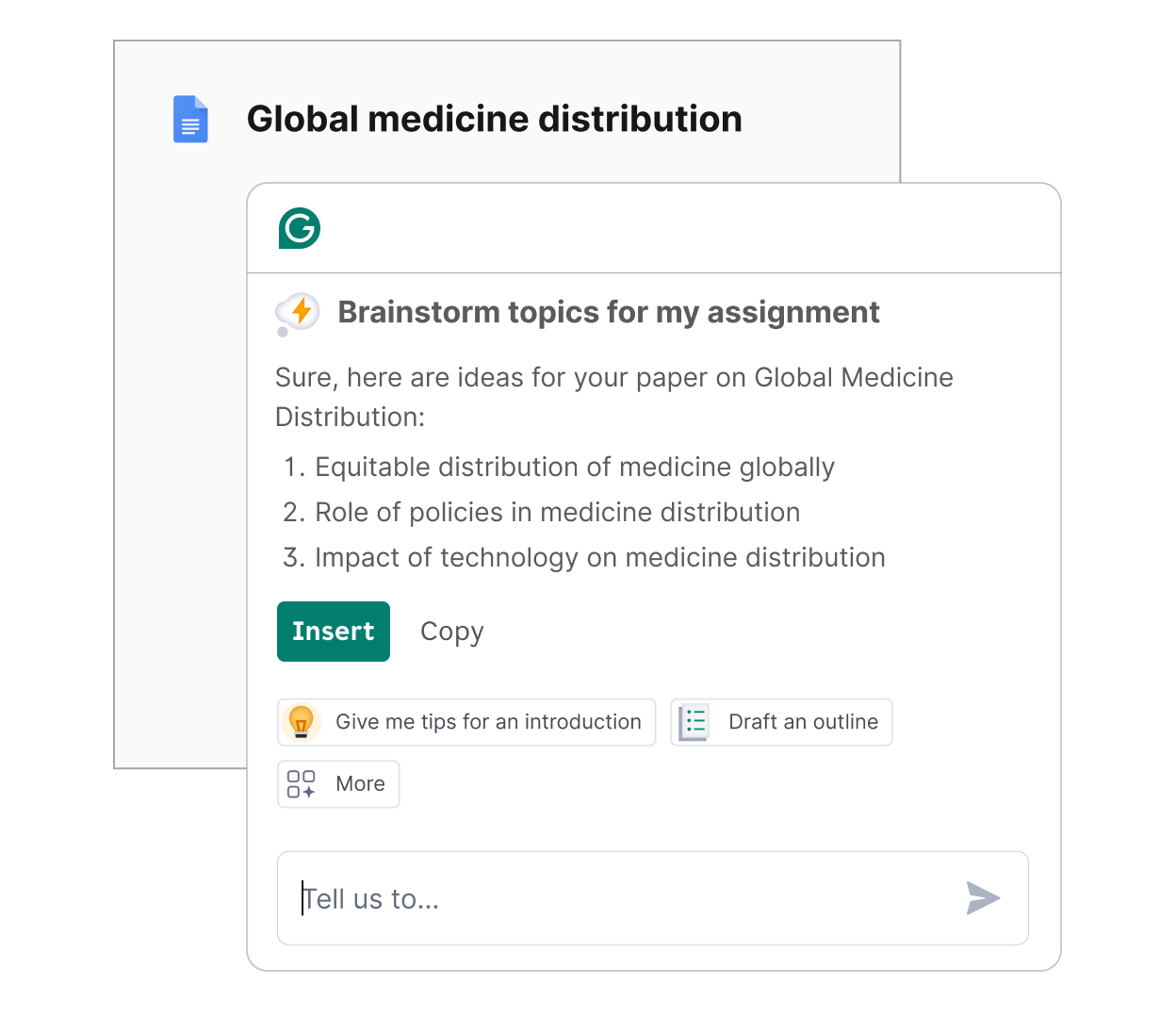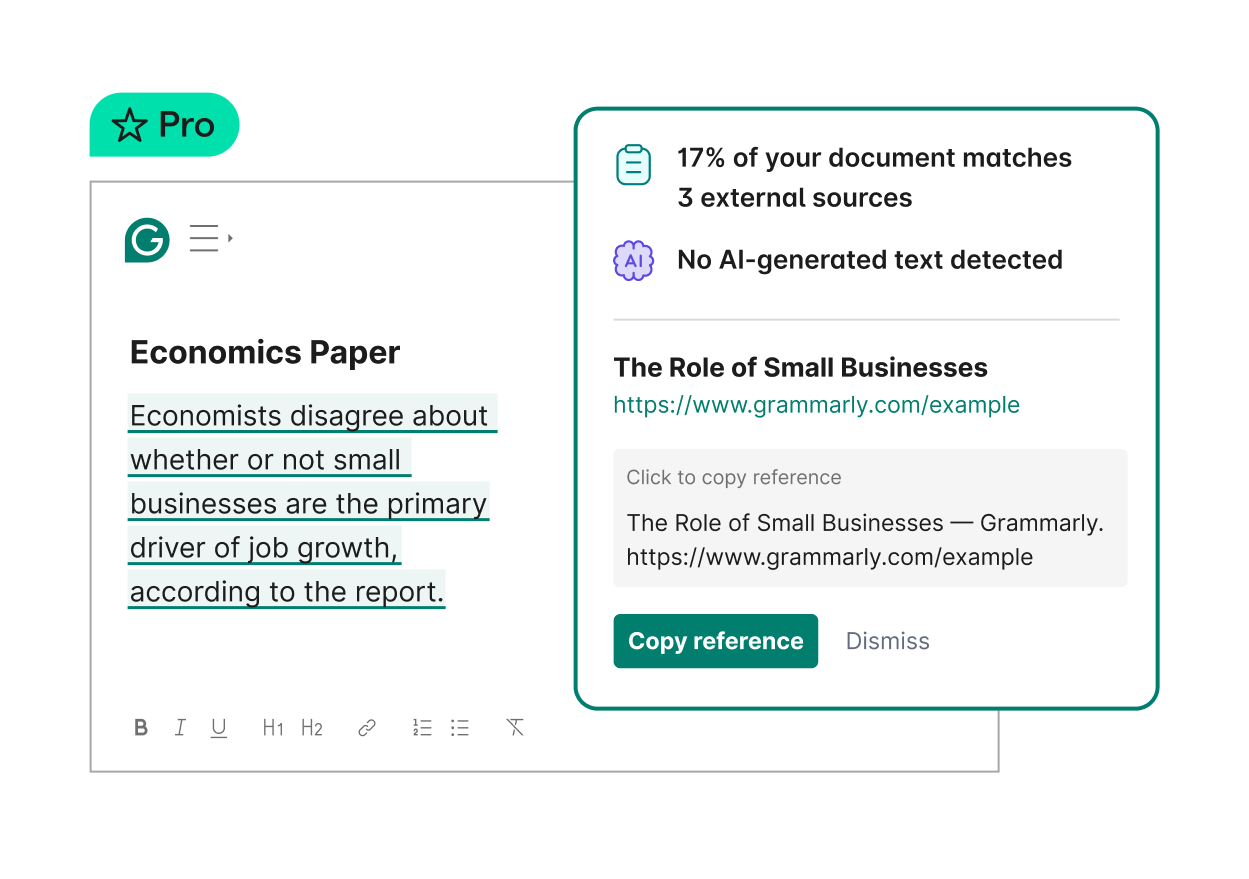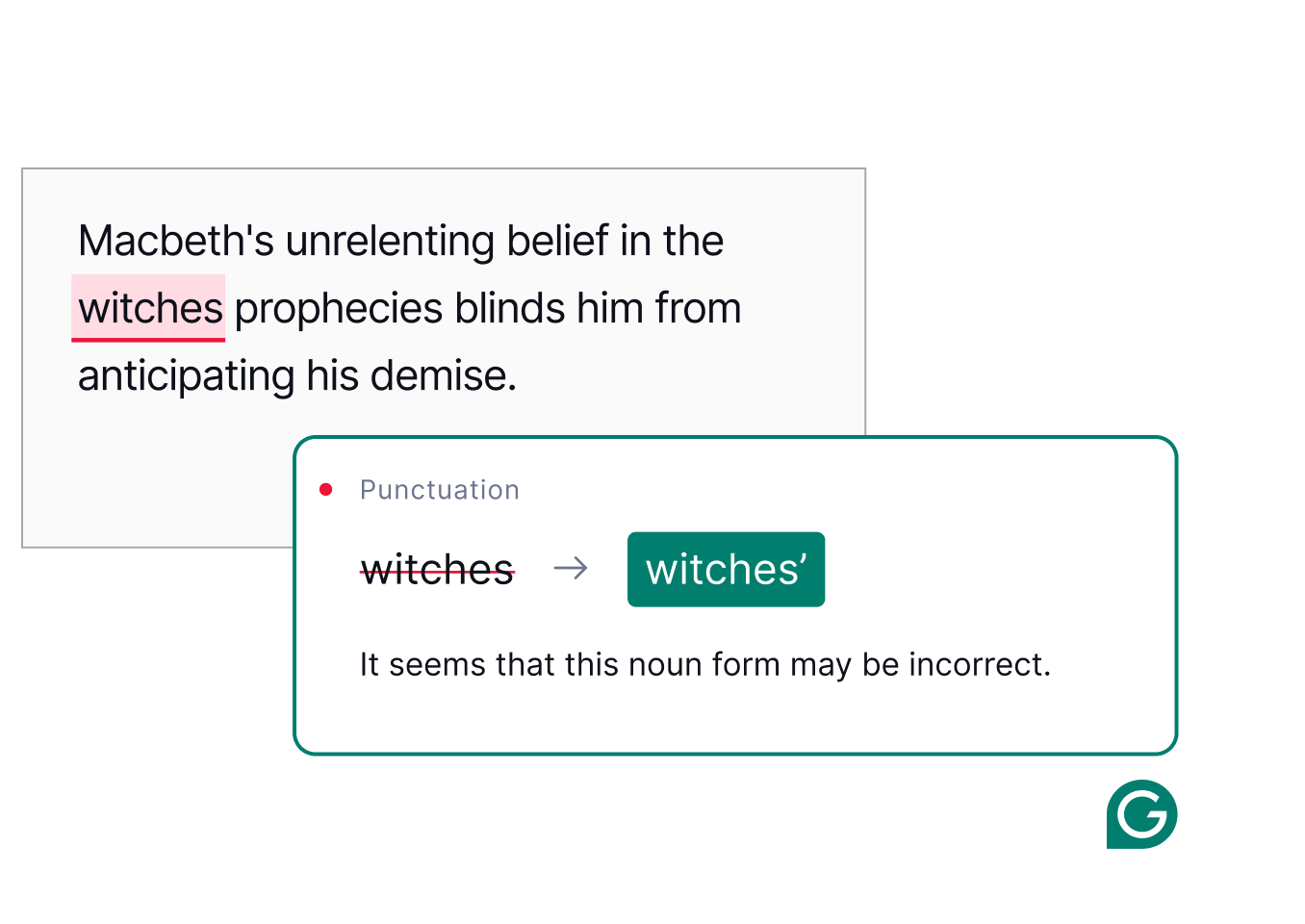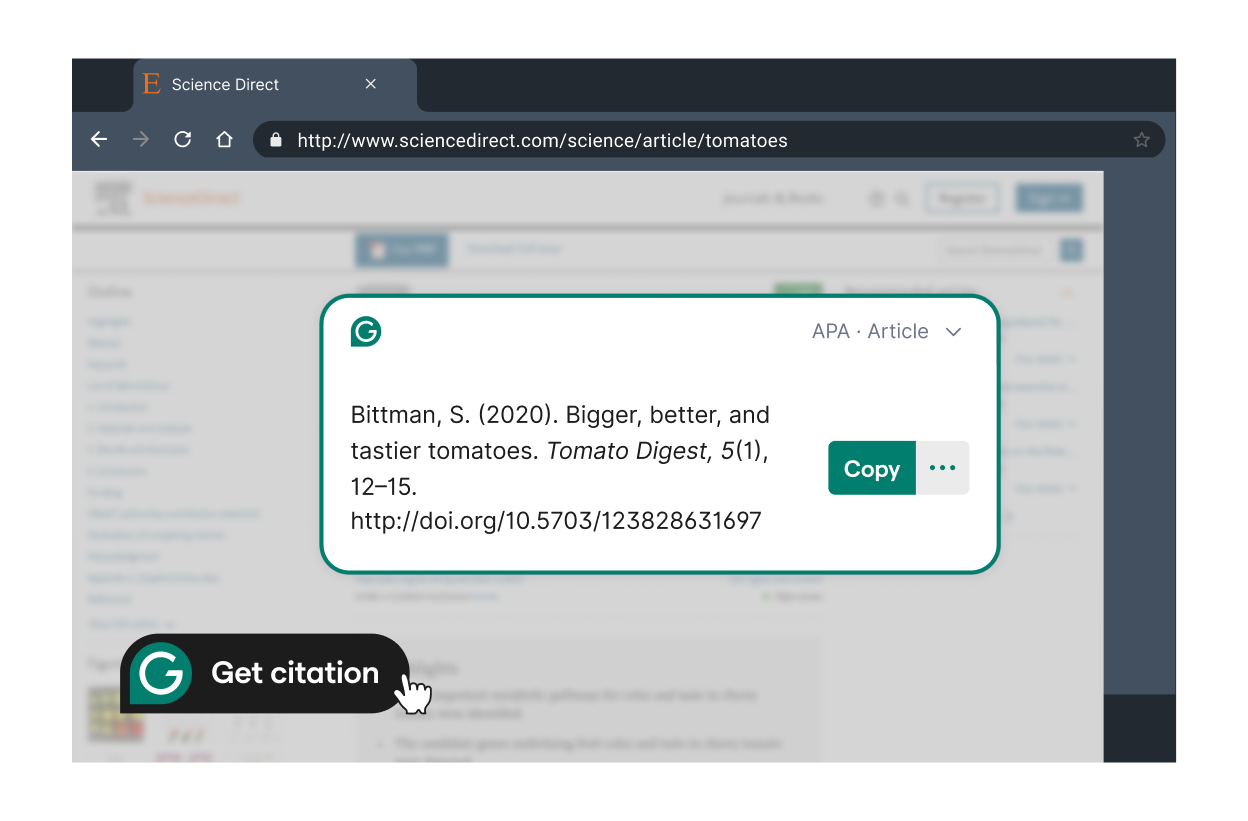Daily Writing Tips
17 expert tips for crafting high-quality essays.

The 17 essential tips for writing a high-quality essay provide a blueprint for articulating compelling arguments effectively. An essay is a composed narrative that presents and supports a point on a given topic.
This article will guide you through crucial stages of essay writing, from interpreting the essay prompt to conducting thorough research and formulating a convincing thesis. It will also cover crafting a clear structure, engaging your audience through effective style, and finalizing your piece with rigorous editing and revision.
Ready to enhance your writing prowess and achieve essay excellence? Let’s dive in and unlock the strategies for penning essays that impress and persuade.

What are the 17 tips for writing a high-quality essay?

To write a high-quality essay, consider these 17 expert tips as your roadmap to successful writing:
- Clarify Your Understanding of the Prompt: Begin by ensuring you fully grasp what the essay prompt is asking.
- Choose a Relevant and Interesting Topic: Pick a topic that aligns with the prompt and piques your interest.
- Conduct Thorough Research: Gather reliable sources to provide a solid foundation for your essay.
- Formulate a Strong Thesis Statement: This will serve as the main point or argument of your essay .
- Create a Detailed Outline: Plan the structure of your essay before you start writing.
- Write a Compelling Introduction: Engage your reader right from the start.
- Use Clear Topic Sentences: Begin each paragraph with a sentence that ties into the thesis and indicates what the paragraph will cover.
- Employ Logical Structure and Transitions: Ensure each paragraph flows smoothly into the next.
- Back Up Your Argument with Evidence: Support your points with data and citations from credible sources.
- Use Varied Sentence Structures: Keep your writing engaging by varying sentence length and structure.
- Write in an Appropriate Academic Tone: Stick to a formal style and avoid colloquial language.
- Address Counterarguments: Strengthen your essay by acknowledging and refuting opposing views.
- Edit for Clarity and Brevity: Remove unnecessary words and clarify ambiguous points.
- Proofread for Grammar and Spelling Mistakes: Check your work meticulously to correct errors.
- Ensure Proper Formatting and Citation: Follow the required style guide for formatting and referencing.
- Seek Feedback Before Final Submission: Get others to review your essay and provide constructive criticism.
- Allow Time for Revisions: After feedback, revise your essay to perfect it before submission.
Each tip is geared towards helping you refine your writing skills and produce an essay that is not only informative but also a pleasure to read.
What Makes Essay Writing a Crucial Academic Skill?

Essay writing is a crucial academic skill because it develops critical thinking and effective communication. It requires thorough analysis, synthesis of information, and clear articulation of ideas. This skill is universal across disciplines, enabling students to organize thoughts, engage in scholarly debates, and present researched arguments effectively.
Mastery of essay writing reflects a student’s ability to understand complex topics, evaluate sources, and convey their perspective, all essential for academic and professional achievement.
Why is Planning Essential Before You Start Writing an Essay?
Planning is essential before you start writing an essay because it provides a clear roadmap for your work, ensuring that your ideas are organized and your argument flows logically. It helps you stay focused on the essay prompt, avoid tangents, and structure your thoughts coherently.
Effective planning also allows you to allocate your time efficiently, especially for research and revisions, leading to a more polished and persuasive final piece. Without planning, you risk producing a disorganized essay that may lack depth and clarity, ultimately undermining the effectiveness of your communication.
How Can You Avoid Plagiarism in Your Essay Writing?

Avoiding plagiarism in your essay writing involves several key practices:
- Understand What Constitutes Plagiarism: Know the difference between proper citation and unlawful copying of someone else’s work.
- Paraphrase Effectively: Rather than copying text, restate the information in your own words, ensuring you still credit the original source.
- Use Quotes Appropriately: When using someone’s exact words, use quotation marks and cite the source.
- Cite Sources Correctly: Follow the required citation style guide meticulously for both in-text citations and the reference list.
- Keep Track of All References: Document sources as you research to ensure accurate attribution.
- Use Plagiarism Detection Tools: Before final submission, use software to check for any accidental plagiarism.
- Learn and Apply Citation Rules: Educate yourself on the specifics of the citation style you are using.
- Include Original Thoughts: Blend cited information with your own analysis and commentary.
Are There Any Useful Tools for Essay Writing and Editing?

Yes, there are several useful tools available for essay writing and editing that can help streamline the process and enhance the quality of your work:
- Word Processors: Tools like Microsoft Word and Google Docs offer basic spelling and grammar checks.
- Reference Management Software: Programs like Zotero and EndNote help organize and format references.
- Grammar Checkers: Grammarly and ProWritingAid can detect more intricate spelling, grammar, and style issues.
- Plagiarism Checkers: Turnitin and Copyscape scan your work for potential plagiarism against online content.
- Thesauruses and Dictionaries: Online resources like Thesaurus.com and Merriam-Webster improve vocabulary and word choice.
- Citation Tools: Citation Machine and EasyBib assist in generating citations in various formats.
- Writing Platforms: Scrivener and Evernote help with organizing notes and drafts.
- Productivity Apps: Tools like Trello or Asana can aid in managing time and structuring the writing process.
These tools can contribute to more efficient writing, editing, and essay management.
Mastering the 17 expert tips outlined in this article is your key to writing high-quality, stand-out essays.
From understanding your prompt and conducting thorough research to formulating a strong thesis and ensuring proper citation, each step is crucial for crafting a compelling narrative.
Remember to plan, write with clarity, and revise diligently. As you apply these strategies, your essays will reflect your knowledge and ability to communicate ideas effectively. For those seeking further assistance or facing time constraints, professional services like paper writing service can provide valuable help with the writing and editing process.
Now, take these tips, start writing your next essay with confidence, and see the difference they make in your academic pursuits.
Stop making those embarrassing mistakes! Subscribe to Daily Writing Tips today!
You will improve your English in only 5 minutes per day, guaranteed!
Each newsletter contains a writing tip, word of the day, and exercise!
You'll also get three bonus ebooks completely free!

Would you like to explore a topic?
- LEARNING OUTSIDE OF SCHOOL
Or read some of our popular articles?
Free downloadable english gcse past papers with mark scheme.
- 19 May 2022
How Will GCSE Grade Boundaries Affect My Child’s Results?
- Akshat Biyani
- 13 December 2021
The Best Free Homeschooling Resources UK Parents Need to Start Using Today
- Joseph McCrossan
- 18 February 2022
How to Write the Perfect Essay: A Step-By-Step Guide for Students
- June 2, 2022

- What is an essay?
What makes a good essay?
Typical essay structure, 7 steps to writing a good essay, a step-by-step guide to writing a good essay.
Whether you are gearing up for your GCSE coursework submissions or looking to brush up on your A-level writing skills, we have the perfect essay-writing guide for you. 💯
Staring at a blank page before writing an essay can feel a little daunting . Where do you start? What should your introduction say? And how should you structure your arguments? They are all fair questions and we have the answers! Take the stress out of essay writing with this step-by-step guide – you’ll be typing away in no time. 👩💻

What is an essay?
Generally speaking, an essay designates a literary work in which the author defends a point of view or a personal conviction, using logical arguments and literary devices in order to inform and convince the reader.
So – although essays can be broadly split into four categories: argumentative, expository, narrative, and descriptive – an essay can simply be described as a focused piece of writing designed to inform or persuade. 🤔
The purpose of an essay is to present a coherent argument in response to a stimulus or question and to persuade the reader that your position is credible, believable and reasonable. 👌
So, a ‘good’ essay relies on a confident writing style – it’s clear, well-substantiated, focussed, explanatory and descriptive . The structure follows a logical progression and above all, the body of the essay clearly correlates to the tile – answering the question where one has been posed.
But, how do you go about making sure that you tick all these boxes and keep within a specified word count? Read on for the answer as well as an example essay structure to follow and a handy step-by-step guide to writing the perfect essay – hooray. 🙌
Sometimes, it is helpful to think about your essay like it is a well-balanced argument or a speech – it needs to have a logical structure, with all your points coming together to answer the question in a coherent manner. ⚖️
Of course, essays can vary significantly in length but besides that, they all follow a fairly strict pattern or structure made up of three sections. Lean into this predictability because it will keep you on track and help you make your point clearly. Let’s take a look at the typical essay structure:
#1 Introduction
Start your introduction with the central claim of your essay. Let the reader know exactly what you intend to say with this essay. Communicate what you’re going to argue, and in what order. The final part of your introduction should also say what conclusions you’re going to draw – it sounds counter-intuitive but it’s not – more on that below. 1️⃣
Make your point, evidence it and explain it. This part of the essay – generally made up of three or more paragraphs depending on the length of your essay – is where you present your argument. The first sentence of each paragraph – much like an introduction to an essay – should summarise what your paragraph intends to explain in more detail. 2️⃣
#3 Conclusion
This is where you affirm your argument – remind the reader what you just proved in your essay and how you did it. This section will sound quite similar to your introduction but – having written the essay – you’ll be summarising rather than setting out your stall. 3️⃣
No essay is the same but your approach to writing them can be. As well as some best practice tips, we have gathered our favourite advice from expert essay-writers and compiled the following 7-step guide to writing a good essay every time. 👍
#1 Make sure you understand the question
#2 complete background reading.
#3 Make a detailed plan
#4 Write your opening sentences
#5 flesh out your essay in a rough draft, #6 evidence your opinion, #7 final proofread and edit.
Now that you have familiarised yourself with the 7 steps standing between you and the perfect essay, let’s take a closer look at each of those stages so that you can get on with crafting your written arguments with confidence .
This is the most crucial stage in essay writing – r ead the essay prompt carefully and understand the question. Highlight the keywords – like ‘compare,’ ‘contrast’ ‘discuss,’ ‘explain’ or ‘evaluate’ – and let it sink in before your mind starts racing . There is nothing worse than writing 500 words before realising you have entirely missed the brief . 🧐
Unless you are writing under exam conditions , you will most likely have been working towards this essay for some time, by doing thorough background reading. Re-read relevant chapters and sections, highlight pertinent material and maybe even stray outside the designated reading list, this shows genuine interest and extended knowledge. 📚
#3 Make a detailed plan
Following the handy structure we shared with you above, now is the time to create the ‘skeleton structure’ or essay plan. Working from your essay title, plot out what you want your paragraphs to cover and how that information is going to flow. You don’t need to start writing any full sentences yet but it might be useful to think about the various quotes you plan to use to substantiate each section. 📝
Having mapped out the overall trajectory of your essay, you can start to drill down into the detail. First, write the opening sentence for each of the paragraphs in the body section of your essay. Remember – each paragraph is like a mini-essay – the opening sentence should summarise what the paragraph will then go on to explain in more detail. 🖊️
Next, it's time to write the bulk of your words and flesh out your arguments. Follow the ‘point, evidence, explain’ method. The opening sentences – already written – should introduce your ‘points’, so now you need to ‘evidence’ them with corroborating research and ‘explain’ how the evidence you’ve presented proves the point you’re trying to make. ✍️
With a rough draft in front of you, you can take a moment to read what you have written so far. Are there any sections that require further substantiation? Have you managed to include the most relevant material you originally highlighted in your background reading? Now is the time to make sure you have evidenced all your opinions and claims with the strongest quotes, citations and material. 📗
This is your final chance to re-read your essay and go over it with a fine-toothed comb before pressing ‘submit’. We highly recommend leaving a day or two between finishing your essay and the final proofread if possible – you’ll be amazed at the difference this makes, allowing you to return with a fresh pair of eyes and a more discerning judgment. 🤓
If you are looking for advice and support with your own essay-writing adventures, why not t ry a free trial lesson with GoStudent? Our tutors are experts at boosting academic success and having fun along the way. Get in touch and see how it can work for you today. 🎒

Popular posts

- By Guy Doza

- By Akshat Biyani

- By Joseph McCrossan
- In LEARNING TRENDS

Hardest National 5’s vs the Easiest National 5’s: What Should I Do?
- By Clarissa Joshua

4 Surprising Disadvantages of Homeschooling
- By Andrea Butler
Want to try tutoring? Request a free trial session with a top tutor.
More great reads:.

Benefits of Reading: Positive Impacts for All Ages Everyday
- May 26, 2023


15 of the Best Children's Books That Every Young Person Should Read
- By Sharlene Matharu
- March 2, 2023

Ultimate School Library Tips and Hacks
- By Natalie Lever
- March 1, 2023
Book a free trial session
Sign up for your free tutoring lesson..
Grammarly's Guide to Essay Writing
By signing up, you agree to the Terms and Conditions and Privacy Policy . California residents, see our CA Notice at Collection .

Your AI Writing Partner for Every Stage of Essay Writing
Grammarly's toolbox for essay writing, ai for brainstorming and outlining.

Know your work is one-of-a-kind

Real-time proofreading

Automatic citations

Bring transparency to your work
Works where you write.

Improve Your Skills with Grammarly's Essay Writing Resources
Essay outlines, essay introductions, body paragraphs, essay conclusions, thesis statements, topic sentences, persuasive essays, compare-and-contrast essays, expository essays, argumentative essays, ai tools that simplify essay writing, cite in seconds, ace every essay, detect ai content.

AI Resources for Students
Boost your grades with better writing.
- Academic Skills
- Reading, writing and referencing
Writing a great essay
This resource covers key considerations when writing an essay.
While reading a student’s essay, markers will ask themselves questions such as:
- Does this essay directly address the set task?
- Does it present a strong, supported position?
- Does it use relevant sources appropriately?
- Is the expression clear, and the style appropriate?
- Is the essay organised coherently? Is there a clear introduction, body and conclusion?
You can use these questions to reflect on your own writing. Here are six top tips to help you address these criteria.
1. Analyse the question
Student essays are responses to specific questions. As an essay must address the question directly, your first step should be to analyse the question. Make sure you know exactly what is being asked of you.
Generally, essay questions contain three component parts:
- Content terms: Key concepts that are specific to the task
- Limiting terms: The scope that the topic focuses on
- Directive terms: What you need to do in relation to the content, e.g. discuss, analyse, define, compare, evaluate.
Look at the following essay question:
Discuss the importance of light in Gothic architecture.
- Content terms: Gothic architecture
- Limiting terms: the importance of light. If you discussed some other feature of Gothic architecture, for example spires or arches, you would be deviating from what is required. This essay question is limited to a discussion of light. Likewise, it asks you to write about the importance of light – not, for example, to discuss how light enters Gothic churches.
- Directive term: discuss. This term asks you to take a broad approach to the variety of ways in which light may be important for Gothic architecture. You should introduce and consider different ideas and opinions that you have met in academic literature on this topic, citing them appropriately .
For a more complex question, you can highlight the key words and break it down into a series of sub-questions to make sure you answer all parts of the task. Consider the following question (from Arts):
To what extent can the American Revolution be understood as a revolution ‘from below’? Why did working people become involved and with what aims in mind?
The key words here are American Revolution and revolution ‘from below’. This is a view that you would need to respond to in this essay. This response must focus on the aims and motivations of working people in the revolution, as stated in the second question.
2. Define your argument
As you plan and prepare to write the essay, you must consider what your argument is going to be. This means taking an informed position or point of view on the topic presented in the question, then defining and presenting a specific argument.
Consider these two argument statements:
The architectural use of light in Gothic cathedrals physically embodied the significance of light in medieval theology.
In the Gothic cathedral of Cologne, light served to accentuate the authority and ritual centrality of the priest.
Statements like these define an essay’s argument. They give coherence by providing an overarching theme and position towards which the entire essay is directed.
3. Use evidence, reasoning and scholarship
To convince your audience of your argument, you must use evidence and reasoning, which involves referring to and evaluating relevant scholarship.
- Evidence provides concrete information to support your claim. It typically consists of specific examples, facts, quotations, statistics and illustrations.
- Reasoning connects the evidence to your argument. Rather than citing evidence like a shopping list, you need to evaluate the evidence and show how it supports your argument.
- Scholarship is used to show how your argument relates to what has been written on the topic (citing specific works). Scholarship can be used as part of your evidence and reasoning to support your argument.
4. Organise a coherent essay
An essay has three basic components - introduction, body and conclusion.
The purpose of an introduction is to introduce your essay. It typically presents information in the following order:
- A general statement about the topic that provides context for your argument
- A thesis statement showing your argument. You can use explicit lead-ins, such as ‘This essay argues that...’
- A ‘road map’ of the essay, telling the reader how it is going to present and develop your argument.
Example introduction
"To what extent can the American Revolution be understood as a revolution ‘from below’? Why did working people become involved and with what aims in mind?"
Introduction*
Historians generally concentrate on the twenty-year period between 1763 and 1783 as the period which constitutes the American Revolution [This sentence sets the general context of the period] . However, when considering the involvement of working people, or people from below, in the revolution it is important to make a distinction between the pre-revolutionary period 1763-1774 and the revolutionary period 1774-1788, marked by the establishment of the continental Congress(1) [This sentence defines the key term from below and gives more context to the argument that follows] . This paper will argue that the nature and aims of the actions of working people are difficult to assess as it changed according to each phase [This is the thesis statement] . The pre-revolutionary period was characterised by opposition to Britain’s authority. During this period the aims and actions of the working people were more conservative as they responded to grievances related to taxes and scarce land, issues which directly affected them. However, examination of activities such as the organisation of crowd action and town meetings, pamphlet writing, formal communications to Britain of American grievances and physical action in the streets, demonstrates that their aims and actions became more revolutionary after 1775 [These sentences give the ‘road map’ or overview of the content of the essay] .
The body of the essay develops and elaborates your argument. It does this by presenting a reasoned case supported by evidence from relevant scholarship. Its shape corresponds to the overview that you provided in your introduction.
The body of your essay should be written in paragraphs. Each body paragraph should develop one main idea that supports your argument. To learn how to structure a paragraph, look at the page developing clarity and focus in academic writing .
Your conclusion should not offer any new material. Your evidence and argumentation should have been made clear to the reader in the body of the essay.
Use the conclusion to briefly restate the main argumentative position and provide a short summary of the themes discussed. In addition, also consider telling your reader:
- What the significance of your findings, or the implications of your conclusion, might be
- Whether there are other factors which need to be looked at, but which were outside the scope of the essay
- How your topic links to the wider context (‘bigger picture’) in your discipline.
Do not simply repeat yourself in this section. A conclusion which merely summarises is repetitive and reduces the impact of your paper.
Example conclusion
Conclusion*.
Although, to a large extent, the working class were mainly those in the forefront of crowd action and they also led the revolts against wealthy plantation farmers, the American Revolution was not a class struggle [This is a statement of the concluding position of the essay]. Working people participated because the issues directly affected them – the threat posed by powerful landowners and the tyranny Britain represented. Whereas the aims and actions of the working classes were more concerned with resistance to British rule during the pre-revolutionary period, they became more revolutionary in nature after 1775 when the tension with Britain escalated [These sentences restate the key argument]. With this shift, a change in ideas occurred. In terms of considering the Revolution as a whole range of activities such as organising riots, communicating to Britain, attendance at town hall meetings and pamphlet writing, a difficulty emerges in that all classes were involved. Therefore, it is impossible to assess the extent to which a single group such as working people contributed to the American Revolution [These sentences give final thoughts on the topic].
5. Write clearly
An essay that makes good, evidence-supported points will only receive a high grade if it is written clearly. Clarity is produced through careful revision and editing, which can turn a good essay into an excellent one.
When you edit your essay, try to view it with fresh eyes – almost as if someone else had written it.
Ask yourself the following questions:
Overall structure
- Have you clearly stated your argument in your introduction?
- Does the actual structure correspond to the ‘road map’ set out in your introduction?
- Have you clearly indicated how your main points support your argument?
- Have you clearly signposted the transitions between each of your main points for your reader?
- Does each paragraph introduce one main idea?
- Does every sentence in the paragraph support that main idea?
- Does each paragraph display relevant evidence and reasoning?
- Does each paragraph logically follow on from the one before it?
- Is each sentence grammatically complete?
- Is the spelling correct?
- Is the link between sentences clear to your readers?
- Have you avoided redundancy and repetition?
See more about editing on our editing your writing page.
6. Cite sources and evidence
Finally, check your citations to make sure that they are accurate and complete. Some faculties require you to use a specific citation style (e.g. APA) while others may allow you to choose a preferred one. Whatever style you use, you must follow its guidelines correctly and consistently. You can use Recite, the University of Melbourne style guide, to check your citations.
Further resources
- Germov, J. (2011). Get great marks for your essays, reports and presentations (3rd ed.). NSW: Allen and Unwin.
- Using English for Academic Purposes: A guide for students in Higher Education [online]. Retrieved January 2020 from http://www.uefap.com
- Williams, J.M. & Colomb, G. G. (2010) Style: Lessons in clarity and grace. 10th ed. New York: Longman.
* Example introduction and conclusion adapted from a student paper.

Looking for one-on-one advice?
Get tailored advice from an Academic Skills Adviser by booking an Individual appointment, or get quick feedback from one of our Academic Writing Mentors via email through our Writing advice service.
Go to Student appointments
- Tips for Reading an Assignment Prompt
- Asking Analytical Questions
- Introductions
- What Do Introductions Across the Disciplines Have in Common?
- Anatomy of a Body Paragraph
- Transitions
- Tips for Organizing Your Essay
- Counterargument
- Conclusions
- Strategies for Essay Writing: Downloadable PDFs
- Brief Guides to Writing in the Disciplines

IMAGES
VIDEO
COMMENTS
College Essay Guy - Personal statement and college essay tips, guides, resources, consulting, and webinars for students, parents and counselors. ... Essay Writing Curriculum. Two private, live training sessions with your team; A schedule of daily assignments with interactive exercises that help foster moments of self-discovery;
Read example essays and write your personal statement for college and university admission using our free and low-cost video courses and step-by-step guides. ... The Great College Essay Test. Here's my test for what makes a (not good, but) great college essay. Learn the four components that I look for in each and every college essay and how ...
Write an essay! "Essay" is a loose term for writing that asserts the author's opinion on a topic, whether academic, editorial, or even humorous. There are a thousand different approaches to essay writing and a million different topics to choose from, but what we've found is that good essay writing tends to follow the same framework.
The following essay, written by a former student, is so good that it illustrates at least five essential tips of good essay writing. It's also one way to turn the objects exercise into an essay. Note how the writer incorporates a wide range of details and images through one particular lens: a scrapbook.
An essay is a focused piece of writing that explains, argues, describes, or narrates. In high school, you may have to write many different types of essays to develop your writing skills. Academic essays at college level are usually argumentative : you develop a clear thesis about your topic and make a case for your position using evidence ...
Essay writing is a crucial academic skill because it develops critical thinking and effective communication. It requires thorough analysis, synthesis of information, and clear articulation of ideas. This skill is universal across disciplines, enabling students to organize thoughts, engage in scholarly debates, and present researched arguments ...
Typical essay structure; 7 steps to writing a good essay; A step-by-step guide to writing a good essay . Whether you are gearing up for your GCSE coursework submissions or looking to brush up on your A-level writing skills, we have the perfect essay-writing guide for you. 💯. Staring at a blank page before writing an essay can feel a little ...
Need help writing an essay? Our essay guide has you covered! Discover resources and tools designed to help you write essays that make the grade. Product. Learn ... The heart of a great compare-and-contrast essay is true understanding of the topic. Here's how to organize your thoughts and research before you take on this essay form.
5. Write clearly. An essay that makes good, evidence-supported points will only receive a high grade if it is written clearly. Clarity is produced through careful revision and editing, which can turn a good essay into an excellent one. When you edit your essay, try to view it with fresh eyes - almost as if someone else had written it.
Strategies for Essay Writing; Strategies for Essay Writing. Strategies for Essay Writing. Tips for Reading an Assignment Prompt; Asking Analytical Questions; Thesis; Introductions; What Do Introductions Across the Disciplines Have in Common? Anatomy of a Body Paragraph; Transitions;